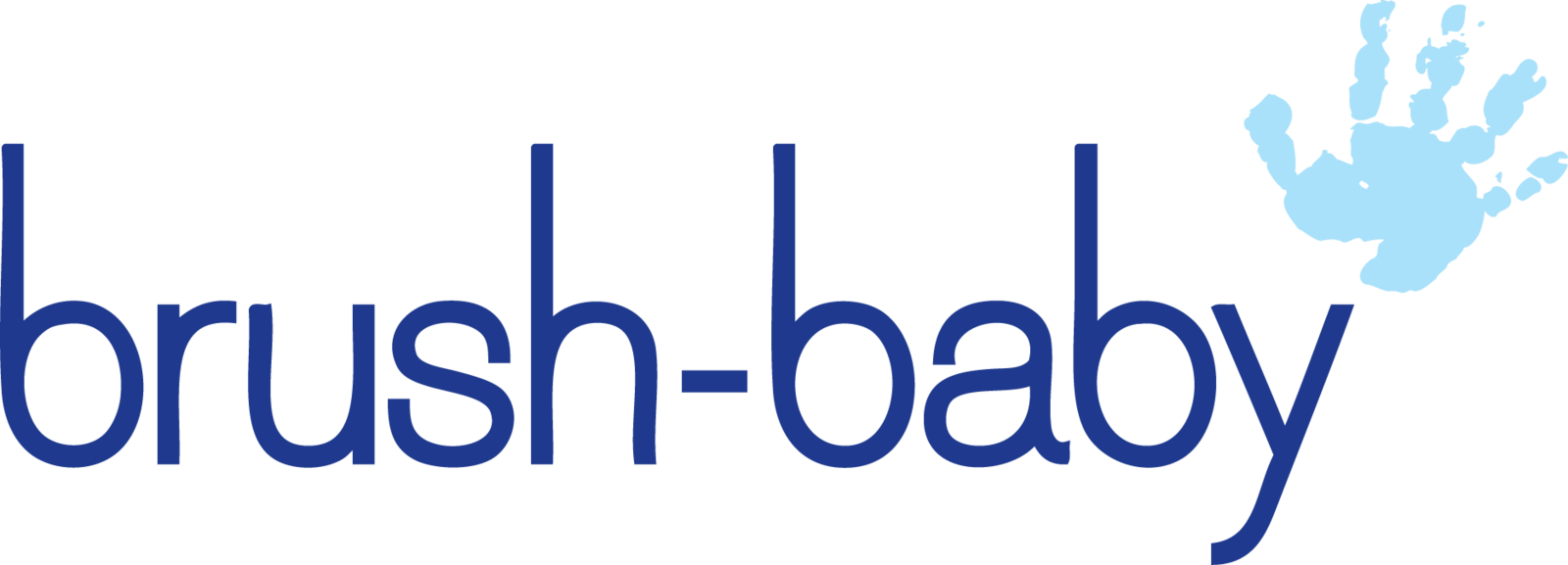Tiny Teeth, Big Impact: How Can You Build Lifelong Brushing Habits?
As a new parent, it’s amazing and a little overwhelming, to think about your baby’s first teeth.
Just like you might ask, “When can you expect a baby’s first teeth to appear?” you’re probably wondering how to make brushing a habit that lasts a lifetime. Tiny teeth may seem small, but the habits you build now will impact your child’s oral health for years to come. With the right tools, a baby brush, toddler toothbrush, baby teether, or teething toy, you can make brushing a fun and positive part of their routine.
When Should I Start Brushing My Baby’s Teeth?
You don’t need to wait for a full set of teeth! The moment that first tiny tooth pops through, it’s time to grab that baby brush! Use a soft baby brush or even a teething wipe to gently clean their gums and teeth.
Early introduction helps your baby get used to the sensation of brushing, making the transition to a toddler toothbrush smoother. Starting early sets the stage for healthy teeth and reduces the risk of cavities later on.
How Can I Make Brushing Fun for Toddlers?
Toddlers respond best to fun and play. Let them choose their own toddler toothbrush or pick a favourite teething toy to “brush” first. Singing songs, setting a two-minute timer, or letting them brush alongside you turns it into a game. When brushing is fun, little ones aren’t just cleaning their teeth, they’re learning positive habits that stick.
What Role Do Teething Toys and Baby Teethers Play?
Teething toys and baby teethers aren’t just for soothing sore gums they can also be part of a brushing routine. Let your little one “practice” brushing one of their toy’s first. This helps them understand the motion and feel confident when using their baby brush or toddler toothbrush. It’s a simple trick that makes learning exciting instead of stressful.
How Often Should Kids Brush Their Teeth?
The goal is two minutes, twice a day, with a small amount of childrens toothpaste once teeth appear. For babies, a tiny smear is enough, and toddlers can start using a pea-sized amount under supervision. Making this a consistent routine - morning and night - reinforces good habits. Soon, brushing becomes as natural as washing hands or putting on pyjamas.
How Can I Encourage Lifelong Habits Without Nagging?
Positive reinforcement works wonders. Praise your little one for brushing, give stickers, or make a game of keeping a brushing chart. Let them see you brushing too; kids love to imitate.
Combining consistency, fun, and gentle encouragement helps kids internalize good habits without turning brushing into a daily struggle.
FAQ: Why Start Early with Baby Brushing?
- When should I start? As soon as their first tooth appears.
- What tools work best? A baby brush like our one from brush-baby.
- How long and often? Two minutes, twice a day.
- Will it help long-term? Absolutely; early habits lead to lifelong oral health.
Ready to Build Healthy Brushing Habits?
Tiny teeth may be small, but the impact of teaching proper brushing now is huge. Shop brush-baby today and give your little one the tools to develop happy, healthy oral care habits for life.







